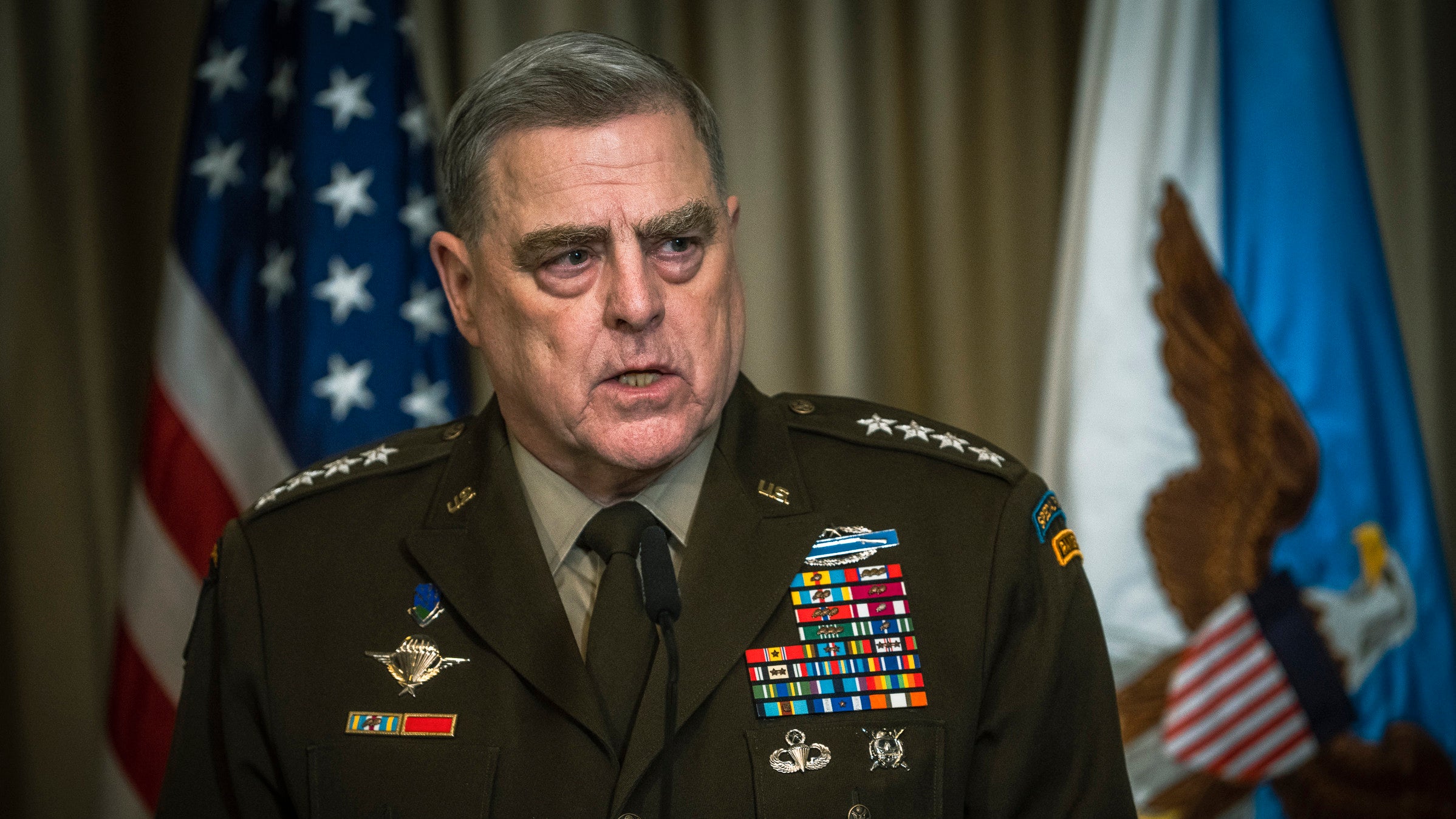'It’s On Your Watch,’ Milley Tells New Officers
'It’s On Your Watch,’ Milley Tells New Officers

Speaking to the graduating ROTC cadets at Princeton University, Joint Chiefs Chairman Gen. Mark Milley, a 1980 graduate of the university and a former Army chief of staff, said the U.S. military is entering a new era of warfare.
“We, right now, are in what I would call a fundamental change in the character of war,” he said during the May 30 ROTC commissioning ceremony. “It only changes fundamentally once in a while, … and it's being driven, yet again, by technology.”
Milley described to the cadets the global impact of the U.S. military. “On an average day, there are 5,000 sorties of American war planes, fighters [and] bombers … patrolling the skies of the world,” he said. “Right now, we have a quarter of a million … [service members] forward deployed right now on freedom's frontier in 158 different countries.”
The evolving nature of war means that the newest generation of service members must look ahead to effectively deter emerging threats, Milley told the 14 cadets of the Class of 2023.
“The United States military is 2.1 million strong, and we are the most competent, capable, ready, lethal force the world has ever known, and that’s not just braggadocio. That is fact,” Milley said. “Each and every one of us as American citizens should be proud, but we can’t just rest on our laurels. You can’t rest on yesterday or the last operation. You’ve got to be looking to the future.”
It’s up to the youngest generation of service members to prevent global great-power war, Milley said.
“We cannot allow this world to devolve into a great-power war,” he said. “How do you prevent it? You prevent it through the art of diplomacy, you defend it through deterrence [and] through a very competent, capable military that is just [and] ethically and morally straight.”
The stakes could not be higher, Milley said. “It’s on your watch over the next 10 to 20 years,” he told the cadets. “The United States military is either going to adapt and be dominant in the world of military operations, and therefore deter war, or not. If it’s not [effective], then a lot of things are going to be at risk, things that we don’t even want to think about sitting here today."

